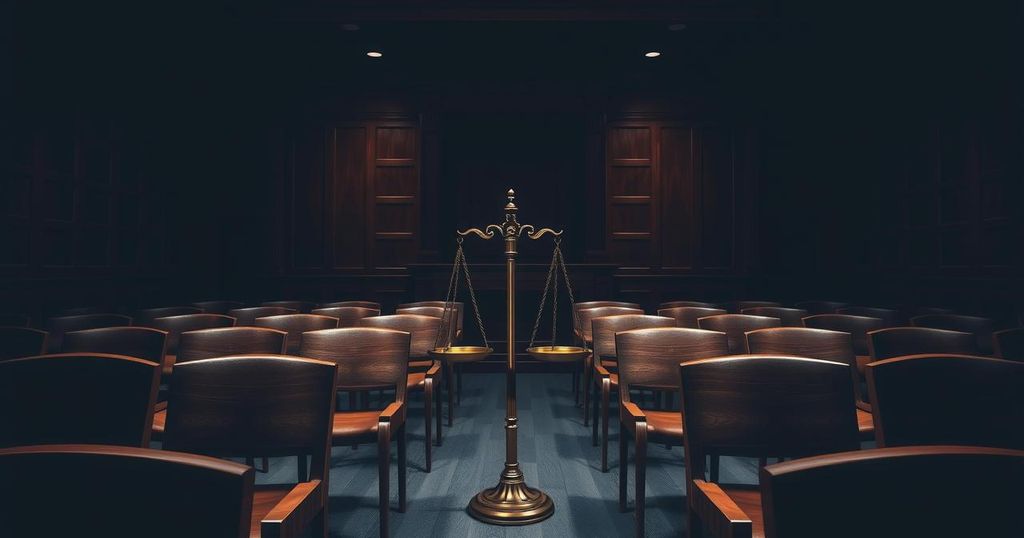Duterte and the Unequal Justice of His Drug War
This article examines the disparity between the due process granted to former Philippine President Rodrigo Duterte and the lack of justice for thousands of victims of his drug war. While Duterte faces charges for crimes against humanity, his victims’ families continue to endure grief and trauma, highlighting systemic inequalities in the Philippine justice system. The narrative amplifies the voices of those seeking recognition and justice for their loved ones lost to violence.
The article addresses the stark contrast between the due process afforded to former Philippine President Rodrigo Duterte and the denial of justice experienced by thousands of victims of his controversial war on drugs, which spanned from 2016 to 2022. Reports indicate that at least 6,252 individuals were killed under police operations, with human rights organizations estimating the death toll could be as high as 30,000. Duterte openly promoted violence against suspected drug offenders, framing the killings as acts of justice rather than murder.
Families of victims like Constantino “Juan” De Juan, who was assassinated during a police operation, express complex emotions surrounding Duterte’s recent arrest and forthcoming trial in The Hague for crimes against humanity. Survivors recount the trauma inflicted upon them and their loved ones, detailing the toll taken on their lives by the violence of the drug war, underlining the brutality with stories from the community.
Witness accounts depict heartbreaking scenes of victims’ deaths and the enduring pain felt by families. These individuals struggle to reconcile their grief with the perception of justice surrounding Duterte’s situation, who, now facing charges, is embraced by the privileges of due process he denied to many. Living in stark contrast to the victims, Duterte accessed accommodations befitting a former president following his arrest, highlighting systemic inequality.
Duterte’s political influence remains strong, with his daughter currently serving as Vice President. Allegations of his victimhood in the context of international scrutiny have gained traction among his supporters, while victims’ children, like Juan’s son Cejhay, strive to keep their fathers’ memories alive and demand recognition of their humanity and love. The article poignantly illustrates the dissonance between power and victimhood in the Philippines, as the legacies of Duterte’s administration unfold in the ongoing quest for justice.
In conclusion, the article highlights the grave injustices faced by victims of Rodrigo Duterte’s drug war in the Philippines juxtaposed against the privileges he is currently afforded as he confronts legal proceedings. While due process becomes a reality for Duterte, thousands of victims and their families continue to suffer the repercussions of a ruthless policy that disregarded their lives. This situation underscores the critical need for accountability and justice within the Philippine society, especially for the families left in turmoil by the violent legacy of Duterte’s presidency.
Original Source: www.nytimes.com




Post Comment